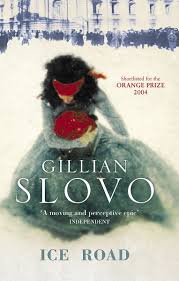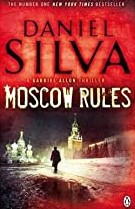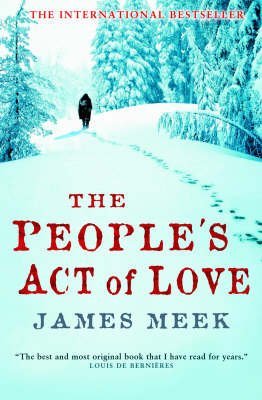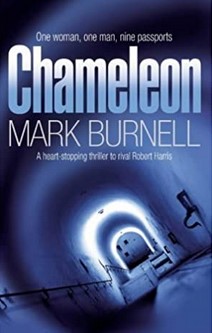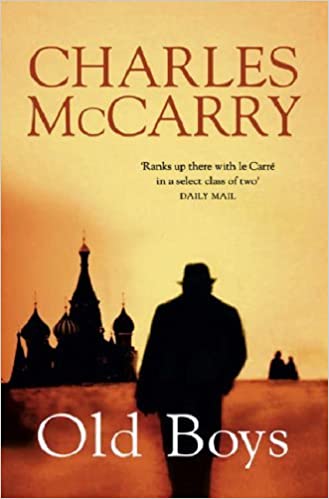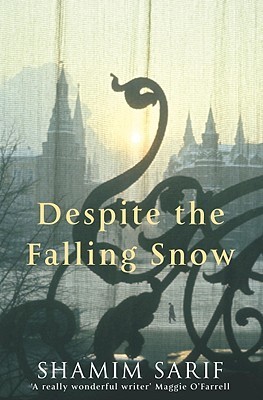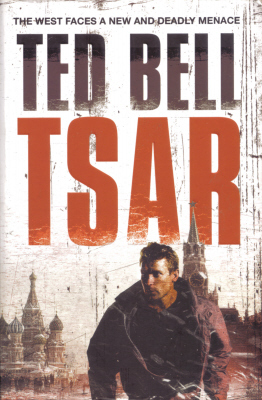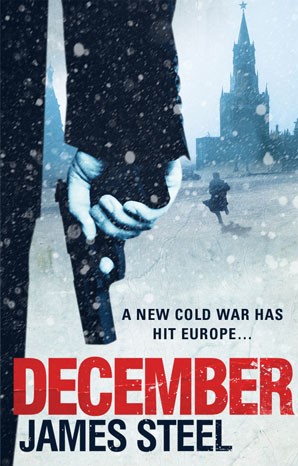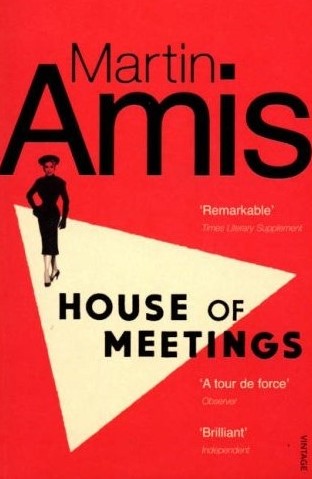
Predictable? That Russia in Fiction would follow a review of a Kingsley Amis novel with a review of a novel by his son Martin? May be so. But the authors’ shared surname is about all that these two books have in common.
Russian Hide and Seek (1980) was barely about Russia at all. House of Meetings essays a profound exploration of Russia; from the first page of Part One to the novel’s closing line.
Continue readingThis is a love story. All right, Russian love. But still love
******
Russia is dying. And I’m glad.
House of Meetings, p. 7 and p. 196
